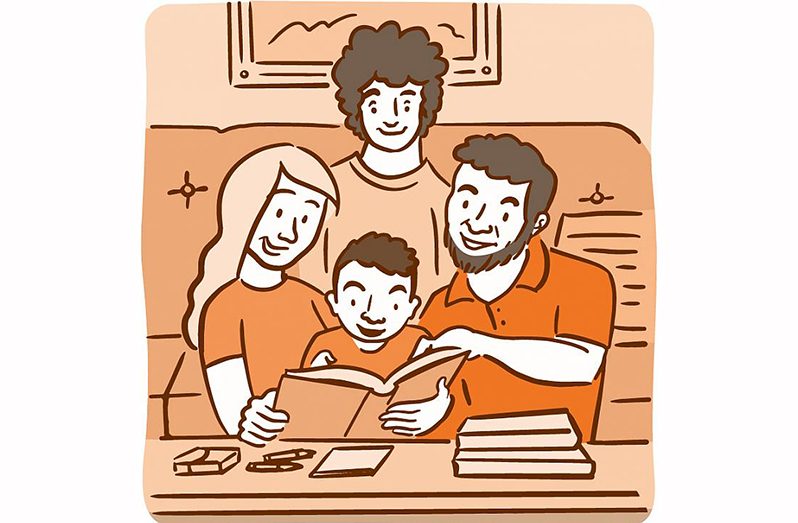By Vanessa Cort
IN an interview on the Good Morning America show two weeks ago, an emotional mother explained the reasons why she handed her son over to the police.
After the horror of the recent school shooting, Nicole Schubert told of how she discovered some disturbing entries in a journal kept by her teenage son three years ago. In it, he explored the notion of killing her then shooting students at his Washington high school. She also found the makings of a pipe bomb.
With a tremor in her voice and obviously fighting back tears, this mother recounted how she was cleaning her son’s room when, out of curiosity, she picked up his diary and decided to check on what he was writing. She recalled her shock and disbelief when she read of his plans for a killing spree.
Her message to parents everywhere was emphatic, “Stay in their business. Even if they don’t like it… as parents, it’s our job to know what our kids are doing.”
In this country, some parents tend to ignore and even condone their children’s poor behaviour to the point where it manifests at school. When this happens, they appear at the school ready for a fight or argument rather than prepared to discuss why their child may be ‘acting out’.
However, as children spend most of their time at home, it is unquestionably the role of parents to groom and guide their offspring and help to mould character.
The school can only build on the foundation established in the home and is responsible for the children’s education, not their upbringing. Parents should work in tandem with teachers, not against them.
The Child Development Institute in the US puts it this way: “A parent is their child’s first teacher and should remain their best teacher.” Child development experts use the idea of scaffolding in building construction to illustrate the role of a parent in a child’s life.
They explain that just as scaffolding is set up to support a building when it is being erected and gradually taken down as the building is able to stand unsupported, “… a parent will need to provide the necessary support for (children) to allow them to safely and productively explore and learn from their environment.”
There is, however, no perfect guide to parenting and parents are constantly bombarded with messages on how this should be done. They are often acutely aware of their own shortcomings and can feel judged or criticised in comparison with others.
EmpoweringParebts.com gives a list of top things that parents are – and are not – responsible for and at the top of that list is the notion that parents must make sure that their children are always happy,
Says Sara Bean M.Ed., “… it’s good for your kids to be happy overall. But there will be many times, especially when you’re parenting responsibly, that your kids will be furious.”
In this she echoes the words of Ms Schubert, who urged parents to get in their children’s business, “Even if they don’t like it. Just be aware and watch for signs. Kids will normally tell you by their actions when something is wrong.”
Educator Ms Bean tells parents: “When you set limits or give them (children) a consequence, they may not like it initially. But that’s part of your job description as a parent and head of a household. You do not make decisions based on what your kids will like tolerate, or be okay with.”
Certainly, this mother who reported her son was not making a decision based on what he would like, even though he claimed he was just fantasising. She felt that he was a danger to herself and others and acted on that.
Though he was found guilty of a felony charge, her son did not get jail time but was required to do community service and undergo a psychiatric evaluation, followed by a stint in a rehabilitation programme. He is now working and hopes to go to college.
In a moving comment, this mother, expressing great love for her son, said: “Obviously, we can’t control our children’s actions all the time. Who can? But there are signs that something’s not right.”
So she asked her son the searching questions and took the action she felt was necessary, possibly saving lives and in the process getting him the treatment he needed.
And in the Total Transformation Programme, James Lehman, who helped developed foundational parenting programmes for EmpoweringParents.com, advised, “… you have to learn to set your emotions aside and to parent as objectively as possible.”



.jpg)











